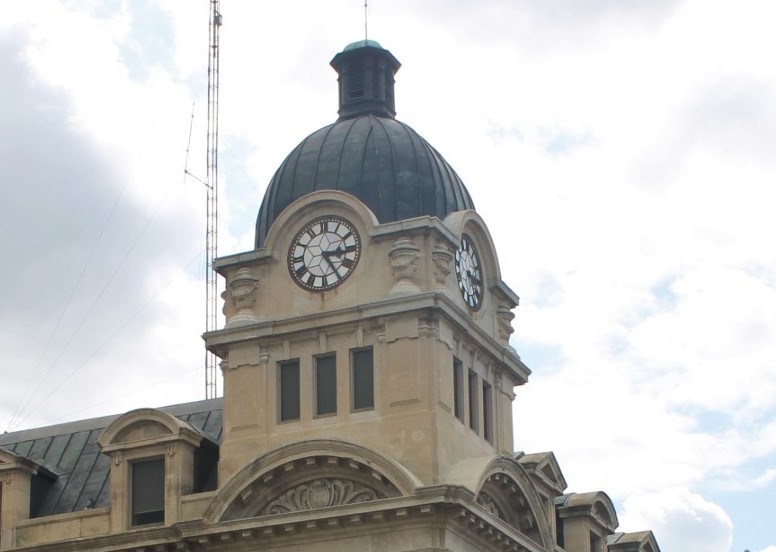MOOSE JAW — The federal government will provide Moose Jaw with over $22 million in gas tax funding during the next 10 years for infrastructure projects, which may have to include housing development.
During its Oct. 7 regular meeting, city council unanimously authorized the mayor and city clerk to sign the municipal funding agreement with Ottawa.
.
The deadline to submit the agreement is Friday, Nov. 1, while the Saskatchewan Ministry of Government Relations will administer the money for the federal Ministry of Housing, Infrastructure and Communities.
Moose Jaw has received more than $36 million in gas tax funding over the years, with most of the money supporting major infrastructure projects, such as the wastewater treatment system upgrade for $9.5 million, the Buffalo Pound Water Treatment Plant upgrade for $5 million and the high service pumphouse replacement for $2 million.
The city has used other revenue to replace the east water feeder line and water main, for capital upgrades to the Kinsmen Sportsplex, for the cast iron water main replacement project, to replace the Churchill and Valley View life stations, and to replace and install the 16th Avenue Northwest water feeder mains.
The Gas Tax Fund — now known as the Canada Community Building Fund (CCBF) — financially supports municipalities’ infrastructure projects that promote productivity, economic growth, a clean environment and strong communities, a council report said.
Ottawa changed the fund’s eligibility requirements so municipalities must now conduct a housing needs assessment for the agreement, while future funding will support housing-related initiatives, the document continued. Therefore, municipalities must post the assessments on their websites by Monday, March 31, 2025.
“If infrastructure-required housing gaps are identified in the (assessment), Moose Jaw would be required to invest CCBF funding in projects aimed at improving housing outcomes,” the report stated.
Wallace Insights prepared such a document for Moose Jaw in 2023, so if Ottawa approves the funding agreement, the municipality will work with the contractor to update the assessment and plan how to allocate the money.
The cost to update the housing needs agreement would be $10,000, which is included in the operating budget for the planning and development branch.
The grant funding is calculated on a per-capita basis for eligible municipalities, so estimated allocations for Moose Jaw between 2024-25 and 2028-29 will be based on the 2021 Census data, the report said.
Therefore, Moose Jaw should receive $2.05 million next year, $2.1 million in 2026, $2.1 million in 2027, $2.2 million in 2028 and $2.2 million in 2029.
Overall, city hall expects to receive $10,770,553 in federal funding during the next five years and more than $22 million in total over 10 years, the report added.
Council discussion
Coun. Dawn Luhning, who introduced the April motion, said it was unfortunate that the federal government changed the requirements of the gas tax funding, which is something the Federation of Canadian Municipalities discouraged it from doing.
She pointed out that housing is not necessarily a priority for municipalities, while she said the program’s change was Ottawa’s way of downloading services onto communities. Moreover, she noted that provincial governments do this to their communities as well.
Luhning then asked how, in light of the housing requirement, this change would affect Moose Jaw’s budget since council used the gas tax revenue for infrastructure projects.
City administration replied that the change is significant, but it may not be that restrictive since council could, for example, connect the importance of the water treatment plant to housing. Meanwhile, Wallace Insights will include everything related to housing in the updated assessment report, including projects like the Crescent View Lift Station.
Administration added that only the city can use the money, while it cannot distribute the funds to developers as incentives.
The next regular council meeting is Monday, Oct. 21.




